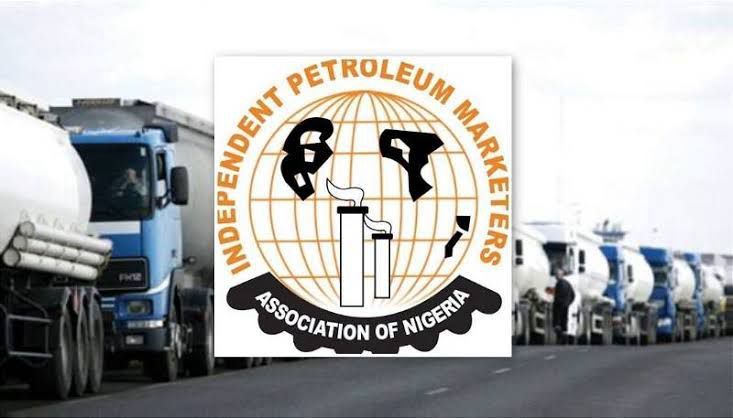
As the Federal Government reinstates the naira-for-crude policy, the Independent Petroleum Marketers Association of Nigeria (IPMAN) has urged caution among fuel importers and marketers amid falling petrol prices and growing price competition in the downstream sector.
Speaking in Abuja, IPMAN’s National Vice President, Hammed Fashola, advised players in the petroleum distribution chain to proceed carefully with their purchases to avoid potential losses triggered by sudden price cuts from dominant players like Dangote Refinery or the Nigerian National Petroleum Company Limited (NNPC).
“We are advising co-marketers and importers to be very strategic in their buying decisions,” Fashola said. “They must stay informed and avoid rushing into purchases, because price slashes could come at any time.”
His warning comes just as the Dangote Refinery announced a fresh reduction in its ex-depot petrol price to ₦865 per litre following the government’s reactivation of the naira-for-crude oil exchange arrangement on Wednesday.
This adjustment has already begun rippling through retail fuel prices across Ogun and Lagos states. Independent marketer SGR responded swiftly, dropping its pump price to ₦899/litre at several filling stations in Ogun, making it one of the lowest in the region. Meanwhile, Heyden, a known partner of Dangote, reduced its price to ₦915/litre, while most other stations have cut prices to ₦920–₦930/litre.
An internal source hinted that Aliko Dangote had initially planned a major price cut to coincide with his 68th birthday on Thursday. Although the naira-for-crude deal had earlier been paused, its reinstatement allowed a partial reduction of around ₦15/litre, with more adjustments likely on the horizon.
Before the refinery commenced operations, the NNPC held a firm monopoly over petrol imports and pricing. However, Dangote’s entry has dramatically shifted the market dynamic, with his refinery often leading price adjustments that compel the NNPC to follow suit—a reversal of the historical pricing structure in Nigeria’s regulated fuel sector.
A recent report by Energy Intelligence highlighted that Dangote’s 650,000-barrel-per-day refinery has disrupted NNPC’s longstanding grip on the market and altered gasoline flows across the Atlantic Basin, squeezing European profit margins in the process.
Still, this shakeup hasn’t come without its casualties. Importers say they have been forced to sell at or below cost due to Dangote’s aggressive pricing, leading to estimated losses of up to ₦2.5 billion daily or ₦76.5 billion monthly before the naira-based crude supply deal was suspended last month.
Fuel importers argue that the naira-for-crude arrangement gives Dangote an unfair advantage. However, the Federal Government appears to be backing the refinery, having rejected calls from the Depot and Petroleum Products Marketers Association of Nigeria (DAPPMAN) to abandon the deal.
Fashola pushed back on monopoly concerns, defending Dangote’s right to compete within a deregulated environment, especially given the scale of his investment.
“Dangote is a businessman who has taken a bold step by investing heavily in local refining. He should be encouraged, not undermined,” Fashola said. “Besides, competition is the essence of deregulation. It’s a win for consumers if more players respond by lowering prices.”
He added that importers must base their decisions on market realities and not opposition to perceived advantages, noting that consumers will ultimately benefit from price-driven competition.
Meanwhile, the Crude Oil Refinery Owners Association of Nigeria has projected that petrol could drop to as low as ₦350/litre if global crude prices fall to $50 per barrel.
Experts have echoed calls for fair market conditions. Energy analyst Henry Adigun warned against any single company dominating the downstream sector, arguing that a truly competitive landscape is necessary to keep prices in check.
Similarly, Israel Aye emphasized that regulatory oversight from the Nigerian Midstream and Downstream Petroleum Regulatory Authority and the Federal Competition and Consumer Protection Commission is essential to prevent anti-competitive behavior.
While consumers continue to enjoy modest relief at the pump, questions remain about how long independent importers can withstand the pressure and whether Dangote’s pricing strategy marks a step toward monopolizing the sector.
Efforts to obtain comments from NNPC spokesperson Olufemi Soneye on whether the state oil company plans to revise pump prices were unsuccessful at the time of filing this report.





